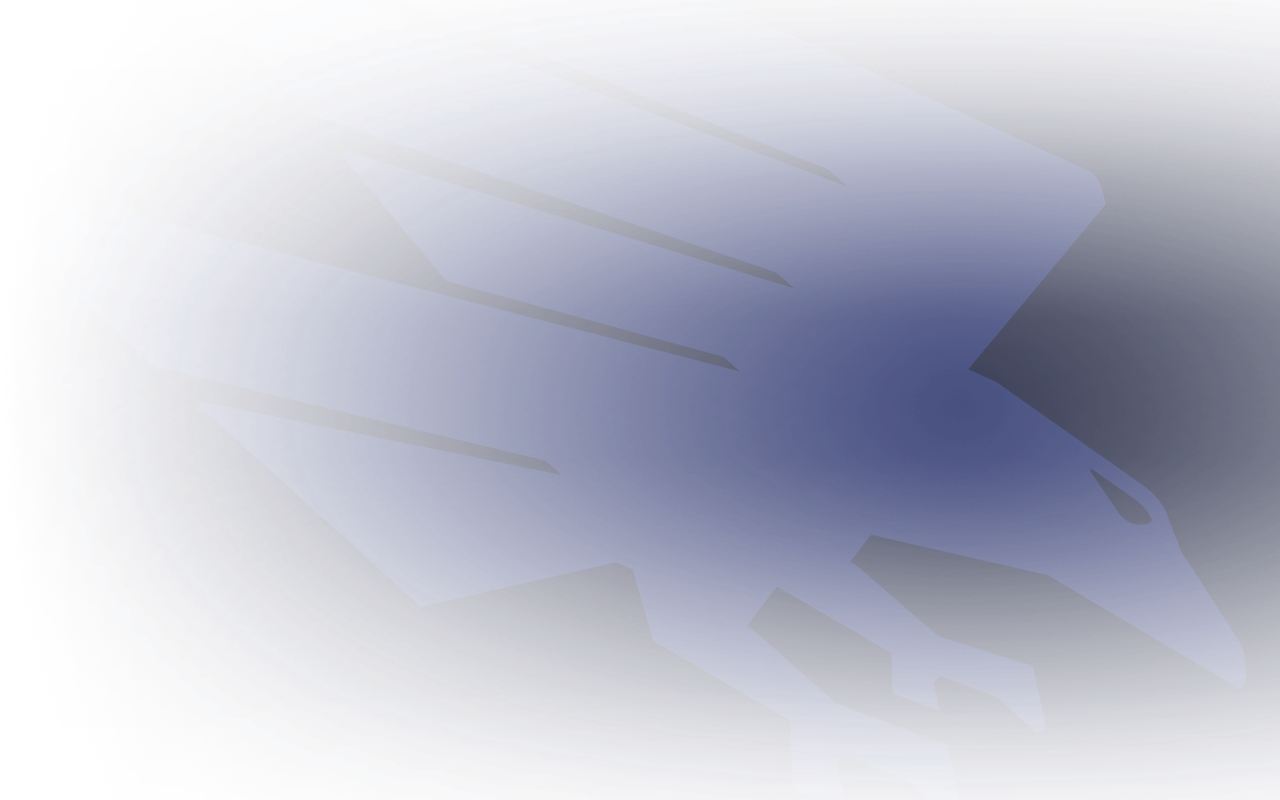One of Australia’s most experienced and respected sports doctors, Dr Sando passed away overnight after a long battle with pancreatic cancer. He was 76.
Dr Sando was the Crows’ chief medical officer for its first 18 years in the AFL competition but was also involved in other sport at national and international level.
Adelaide Football Club CEO Steven Trigg said: “It’s a sad day for the Australian sporting community and our Club. We have lost a legend and a Life Member of our football club.
“Brian was much more than our doctor. He was a much-loved and wonderful friend and confidant for many people at the football club, and through other sports at local, national and international level.
“He has worked at eight Olympics and been involved with many great sporting athletes and teams but his love for the Adelaide Football Club was underlined by the fact that he listed our 1997 premiership victory at the top of his greatest sporting memories. We will all miss him.”
Dr Sando started working for Norwood in the SANFL in 1965. He first attended an Olympic Games, as medical officer, in 1980 (Moscow). He then was deputy medical director in 1984 (Los Angeles) and was senior medical director in 1988 (Seoul), 1992 (Barcelona), 1996 (Atlanta), 2000 (Sydney) and 2004 (Athens).
Dr Sando also attended the 2008 Games in Beijing as a board member of the World Anti Doping Agency.
He was the Medical Officer of Australian Swimming from 1991 to 2002 and again in 2003, and Medical Officer of the Australian track and field team in 1984, 1987, and the world junior team 1986. In tennis, he was the Medical Officer for three Davis Cup teams, 1983, 1985 and 1993. He also attended three Commonwealth Games, 1986 (Edinburgh), 1994 (Victoria) and 1998 (Kuala Lumpur).
Dr Sando, a tireless campaigner against performance enhancing drugs, was awarded the Medal of the Order of Australia in 1995 for his services to Sports Medicine and inducted into the Sport Australia Hall of Fame in 2001.



